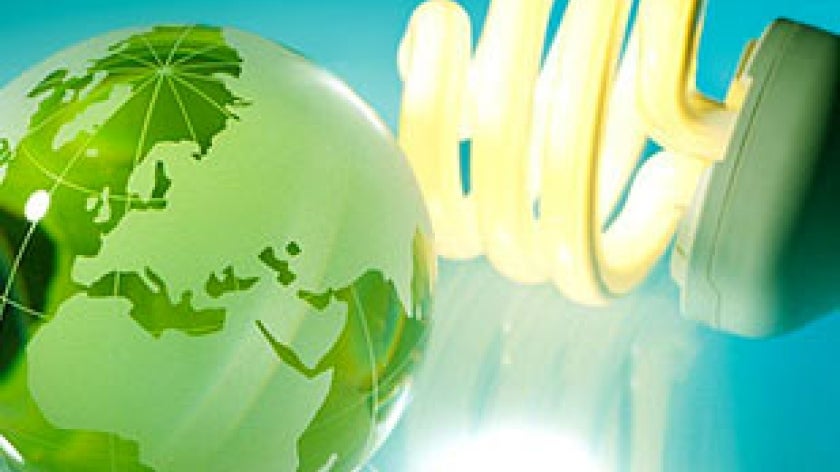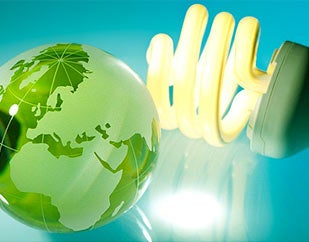

Earth Hour is an event organized by the World Wildlife Fund and is considered the largest environmental event in history. Hundreds of millions of people, businesses, and governments around the world unite to switch off lighting and electronics to raise awareness for climate change and other sustainability issues.
The GEF – as the largest public funder of climate change projects – is inviting you to join our GEF secretariat staff by switching off your computers, monitors, printers, other electronics and office lights at work before you are leaving for the weekend. At home, on Saturday evening the only thing you have to do to be part of the environmentally sensitive global community is to switch off your lights for one hour. It's an easy, energy-saving signal to the world. We will do it, and we are counting on you to do it too....
Last year, more than 5,200 cities and towns in 135 countries participated by switching off their lights ––sending a powerful message for action on climate change. During previous Earth Hours, the lights have been turned out at iconic landmarks such as the Eiffel Tower and the Giza Pyramids, as well as in major cities such as Sydney, Australia, and Toronto, Canada.
If you want to explore local Earth Hour events in your respective country please check the interactive map on Earth Hour's website: http://www.earthhour.org/page/around-world/explore-map
For the GEF, it's more than an hour, it's part of its 20 year old mandate: The GEF/UNEP en.lighten initiative is one good example for that.
Electricity for lighting accounts for almost 20% of electricity consumption and 6% of CO2 emissions worldwide. If not addressed immediately, global energy consumption for lighting will grow by 60% by the year 2030. If all developing and emerging countries join the en.lighten initiative, CO2 emissions from lighting can be reduced by almost half.
The phase-out of inefficient incandescent lamps and their replacement with higher efficiency light bulbs, such as light emitting diodes (LEDs) or compact fluorescent lamps (CFLs), is one of the easiest and most cost effective ways to significantly reduce carbon emissions. The UN Environment Programme (UNEP) /Global Environment Facility (GEF) en.lighten initiative has been established as a globally coordinated effort to accelerate the transition to efficient lighting to reduce the threat of global climate change.
Despite improvements in technology and the looming climate threat, most developing and emerging countries around the world have not taken steps towards the switch to energy efficient lighting. Making the transition would significantly impact the ability to use existing power without having to build new and expensive generation facilities. For example, India would be able to provide power to 35 million homes, and South Africa to 4 million homes, from the electricity saved from replacing all existing incandescent lamps with energy efficient alternatives.
En.lighten is a top priority for lighting industry leaders Philips and Osram Sylvania who are providing substantial technical and financial resources to promote this effort.
En.lighten and its partners have targeted 2016 for the global phase-out of inefficient lighting products. Providing expert technical and policy guidance to countries will help to meet this date and ensure that replacement bulbs meet global quality standards and that used bulbs are disposed of in an environmentally sound way. So far, a total of 30 countries from four continents have joined the Global Partnership Program and more countries are expected to join soon, with your help.
So take the challenge now! Show your support for the switch to energy efficient lighting to reduce the threat of global climate change and improve the quality of life for people. Everyone around the world should be able to look forward to a brighter and more sustainable future.
It's as easy as turning off your lights during Earth hour. Then let that be a reminder to replace any inefficient light bulbs with new efficient ones!